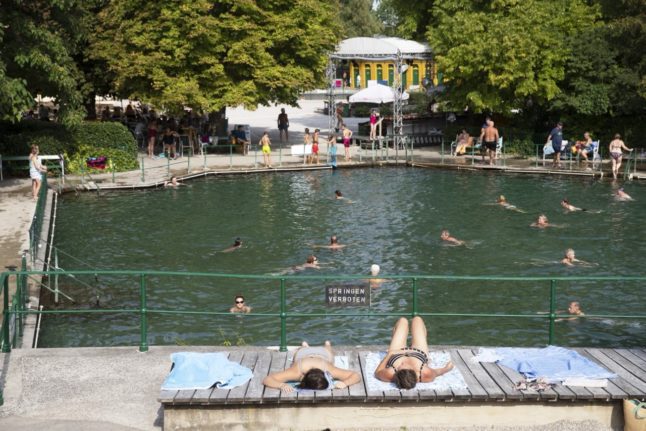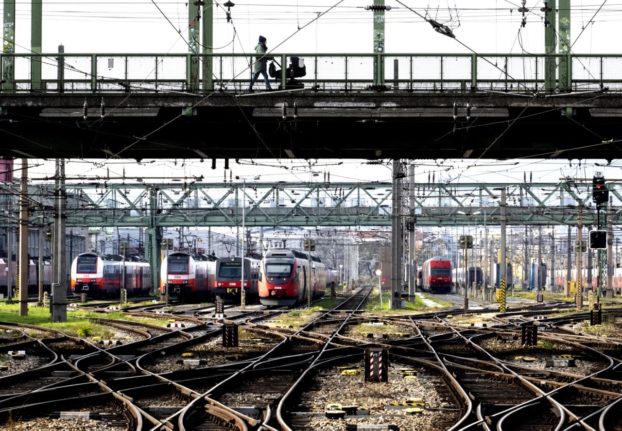EU elections
The upcoming EU elections are significant for EU citizens in Austria. They are a unique opportunity for them to exercise their democratic rights and have a say in the European Parliament. The election, scheduled for June 9th, will see the election of 20 Austrian Members of the European Parliament (MEPs).
EU citizens in Austria have a choice: they can elect Austrian Parliament members or vote for the MEPs from their country of citizenship.
Recent polls predict that the centre-right ÖVP should suffer significant losses, the growth of right-wing populists in EU countries can also change the parliament to the right, and far-right FPÖ in Austria is expected to make huge gains.
READ ALSO: 2024 EU elections – What you need to know as an Austrian resident
Armed Forces rehearse for emergencies
Austrian media reported that the Austrian Army would launch its largest exercise in a decade, with 6,000 soldiers mobilised in June.
From June 10th to 21st, the Austrian Army will be conducting its largest exercise in a decade. This large-scale exercise, involving 6,000 soldiers, will take place in Lower Austria, Styria, Burgenland, and Carinthia. The primary focus of this exercise is to enhance the armed forces’ operational readiness and consolidate their core military capabilities for planning and leading a tactical deployment of land, air, and special operations forces as part of a domestic protection operation. The training command for this exercise is based in Wiener Neustadt.
According to the Defence Ministry, the main objective of the exercise is to further develop the armed forces’ operational readiness and consolidate the core military capabilities for planning and leading a tactical deployment of land, air, and special operations forces as part of a domestic protection operation.
READ ALSO: How does Austria’s mandatory military service work?
Euro 2024
Austrians are highly anticipating Euro 2024, as their national team has qualified and is set to play its opening Group D game against France on June 17th. The excitement continues as they face Poland three days later, followed by the Netherlands on June 25th.
Tax deadlines at end of June
The tax year in Austria starts on January 1st, unlike in some other countries, such as the UK, where it runs from April 1st.
If you submit your tax return in paper format, the deadline is April 30th of the following year. So, the deadline for your income in 2023 is April 30th 2024.
But if you submit your return electronically (via FinanzOnline), the deadline is June 30th of the following year, so for the year 2023, the deadline is June 30th 2024.
Note that there can be different deadlines for those filing through a tax advisor. If you submit a tax return without obligation, you can file it retroactively for up to five years.
READ ALSO: The tax benefits that parents and families receive in Austria
Festivals and events
Some of the best festivals in Austria take place in June. The Vienna Pride Parade – also known as the Rainbow Parade – happens on June 8th, and more than 300,000 are expected to participate.
The night before, on June 7th, the Schönbrunn Palace Park in Vienna will host a spectacular and free musical programme from the Vienna Philharmonic Orchestra, the Sommernachtskonzert. Also, the Donauinselfest happens from Juen 21st to 23rd.
READ ALSO: 10 things to do in Austria this June
Holidays and summer
There are no public holidays in June this year – not that we can complain since May had four holidays. However, the school holidays start on June 29th in Burgenland, Lower Austria and Vienna (and July 6th in the other states).
June is the official start of summer, with the summer solstice and longest day on June 20th.
READ ALSO: 10 exciting events in Vienna this June




 Please whitelist us to continue reading.
Please whitelist us to continue reading.
Member comments